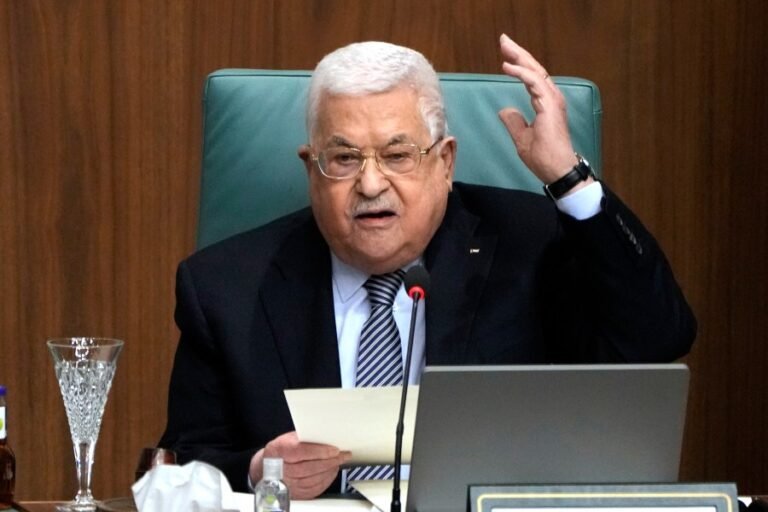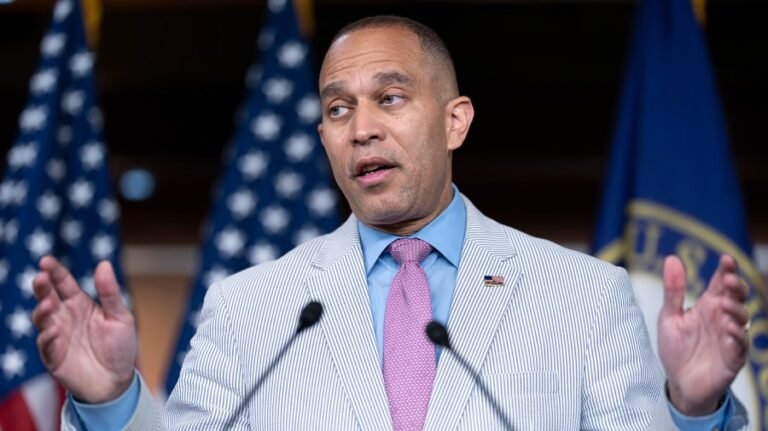
A shouting match with the Ukrainian president on live TV; tariffs hammering allies; talk of annexing Canada; NATO, once a pillar of stability, now caught in a storm of doubt; the U.S. standing with Belarus and North Korea in refusing to condemn Moscow’s aggression in Ukraine.
This isn’t just a retreat — it is uncertainty reshaping alliances in real time, and the world is taking note.
The world isn’t just watching America step back. It is watching Washington reshape its role, leaving allies uncertain and adversaries emboldened.
For decades, global stability rested on the singular assumption that America would lead. That assumption no longer holds.
The question now is whether the world waits for Washington to reclaim its role, or builds something stronger in its absence. Maybe that’s exactly what needs to happen. And if democracies do not step in to fill the vacuum, authoritarian states will — if they haven’t already.
Russia is testing the boundaries of Western resolve. China is setting trade rules in regions the U.S. once dominated. Global alliances that took generations to build are fraying, and the cracks are already visible. History has taught that strategic drift invites chaos.
Yet, even now, many believe the pendulum will swing back. That another U.S. administration, another election, will restore the old order. But nostalgia is not a strategy. Even if leadership in Washington changes, the deeper fracture remains: the rising tide of inward-looking politics, economic anxiety and skepticism about globalization.
And these anxieties are not unfounded. For years, leaders have dismissed the concerns of ordinary citizens who fear unchecked migration, job displacement and policies that threaten their way of life. When these fears are ignored, public trust erodes. Immigration, when done right, strengthens nations and fosters innovation. But when mismanaged, it creates social strain and economic uncertainty. The free world must address this — not with ideological slogans, but with practical solutions.
As an immigrant who has settled and is deeply invested in his community in Canada, I have seen firsthand the power of immigration — but also the responsibility it demands. Successful immigration is not just about policies, it is about people, and must balance growth with opportunity, stability with integration. Politicians have to now acknowledge these realities or risk deeper fractures in the societies they claim to strengthen.
The world has changed, and the leadership must change with it. Global decision-making has long been concentrated in too few hands. It is time for a more distributed, democratic order, in which nations like India, Japan, South Korea, Australia, Brazil and Mexico must have a permanent role in shaping global strategy. Europe, which has demonstrated remarkable resolve in supporting Ukraine, must sustain that leadership — not as a reaction to Washington’s retreat but as a long-term strategic commitment.
But political leadership alone isn’t enough. Economic resilience is essential to geopolitical stability.
The world must now build an economic framework that is robust, independent and capable of absorbing shocks, rather than reacting to Washington’s every policy shift. That means prioritizing artificial intelligence, biotech, cybersecurity and clean energy — not just as national interests, but as shared democratic priorities. It means securing trade agreements that provide stability and fairness, ensuring that no single country can unilaterally disrupt global markets.
The next global order must be more than an alliance of convenience. It must be future-ready — able to mobilize against economic shocks, supply chain disruptions, security threats and humanitarian crises; a world that no longer defaults to Washington for solutions, but stands ready when the U.S. does return.
This shift is not just necessary — it is also in America’s own interest.
No nation can carry the world alone. America has shouldered the burden for decades, often to its own political and economic strain. A stronger, well-balanced democratic alliance will not weaken the U.S., but will strengthen it. Such shared responsibility will mean less resentment in America toward global commitments, fewer economic disruptions from Washington’s political shifts and a system that remains functional even when America steps back.
And when the U.S. does reengage, it will join a global order that is already resilient, not a broken system waiting to be rebuilt. A world that is stable, adaptable and capable of collective leadership isn’t just good for the international community — it is also good for America.
The free world must act swiftly — not out of defiance, but out of necessity. The stakes are too high to wait. The vision should not be about defending the past but about building a geopolitical base where democracies and free markets are strong enough to withstand the forces trying to dismantle them.
Dr. Debakant Jena is an orthopedic surgeon, an assistant professor at the University of Calgary and a first-generation immigrant to Canada. He has written extensively on Canadian policy, immigration and international relations.


